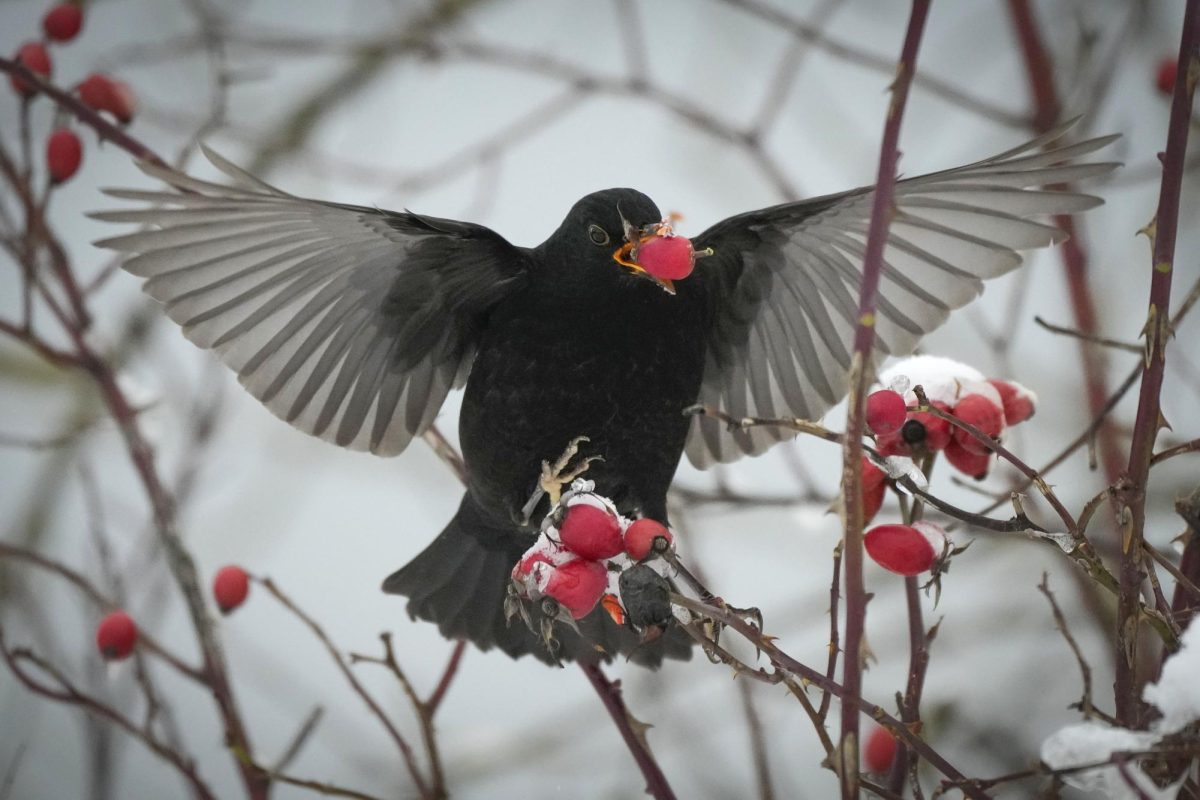The blackbird sang in the dead of night, and morons whined online.
In her new album Cowboy Carter, Beyoncé covered The Beatles’ “Blackbird,” renaming it “BLACKBIIRD,” adding delicate harmonies and sampling Paul McCartney’s original guitar playing and foot tapping.
The song works predictably well, which is what happens when one of the most brilliant artists in the world gives a heartfelt rendition of a beautiful song. While the same is true of McCartney’s 1968 recording, Beyoncé adds another layer to the excellence, recontextualizing the song from the perspective of an outsider to that of an insider.
McCartney originally wrote the song for Black women in the civil rights movement – “bird” is slang for “girl” in the UK – and especially the young girls of the Little Rock Nine. When Beyoncé sings it, the song is no longer from a White British man’s view; it becomes an even stronger source of hope when sung by a Texan woman who’s fought through racism and adversity to get to this point of success.
That’s what makes “BLACKBIIRD” so impactful: The most popular Black female artist in the world sings one of the most recognizable songs about Black female empowerment, and she absolutely nails it.
She’s not using her “Crazy in Love” stardom here. She’s not going all out like on “Single Ladies.” She knows exactly what the song needs, she hits every part perfectly and she’s not reaching for anything that isn’t there.
It sounds natural. She respects the song’s messaging and the song itself, giving McCartney’s work its due reverence while building on it, adding backup vocalists that harmonize with one singing the song’s final verse.
It was released just two weeks ago, on March 29, but it already feels like a song that’s been around since humanity took its first upright steps. Maybe it’s that the original piece is more than 50 years old or that it was based on a Bach work, but it feels like something Americans have always grown around, like a folk song born from the hills themselves.
The added harmonies are phenomenal, too. Up-and-coming Black female country artists Tanner Adell, Brittney Spencer, Tiera Kennedy and Reyna Roberts all harmonize on the song, with Adell singing its final verse.
Fantastic production further builds on what may become one of the most celebrated songs in Beyoncé’s discography, making a 56-year-old recording sound like it was recorded live in the booth with the five singers.
But racists and Ben Shapiroians waited for their moment to arise, decrying the “now political” messaging of a song written two months after the passing of the 1968 Civil Rights Act.
In one of the more notable replies to the song, Threads user andrewmitchellschaeffer said that the beauty of the song is that “it applies to everyone, non-racial.” The comment has 10 times more replies than likes.
While it may be true that any audience can relate to a piece of art, to say that a song about the struggle of Black women performed by a Black woman is for everyone and isn’t about race is like saying All Lives Matter at a BLM march – you’re intentionally missing the point.
Some critics weren’t against the cover on racial grounds, instead disagreeing with Beyoncé’s choice to cover the song at all.
“I found [Beyoncé singing “Blackbird”] a little on the nose,” wrote Exclaim!’s Alex Hudson. “Her version of “BLACKBIIRD” is so similar to the original that it almost sounds like they’re singing over Paul McCartney’s guitar.”
Which they were. Hudson would later compare the cover to an “American Idol” rendition of the song. These hot takes weren’t researched or thought about, just thrown out there to get clicks on a smaller website.
Still, therein lies the problem: people are intentionally missing the point of a song that has inherent social weight.
“BLACKBIIRD” may go on to be one of the most critically acclaimed songs of the year, just how Luke Combs’ cover of “Fast Car” was last year, but in releasing such an impactful cover, Beyoncé has now further secured her spot as the most influential and important artist in the world.
10/10.


